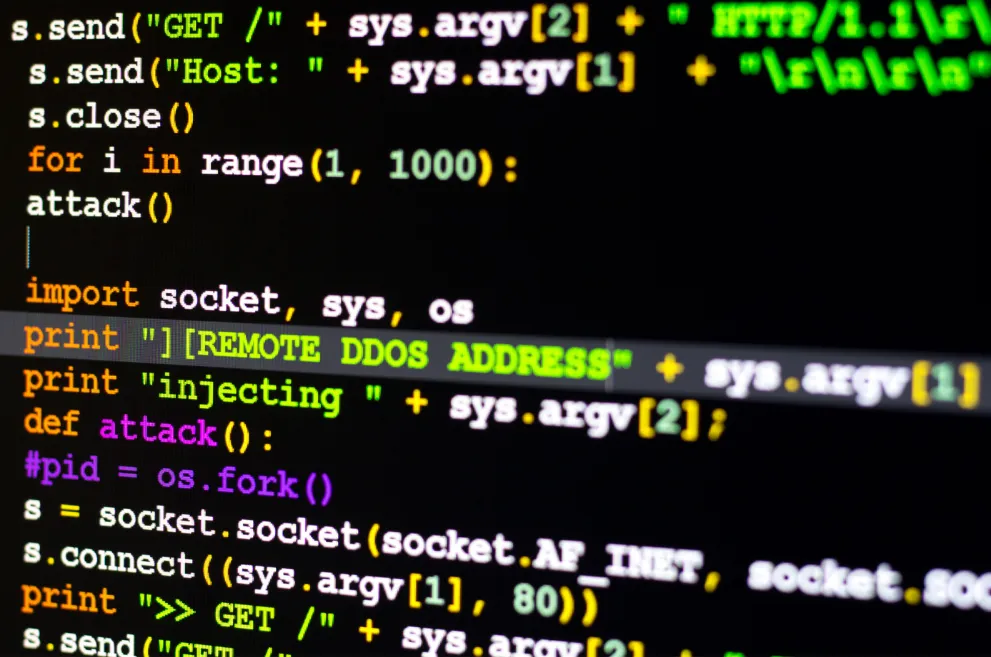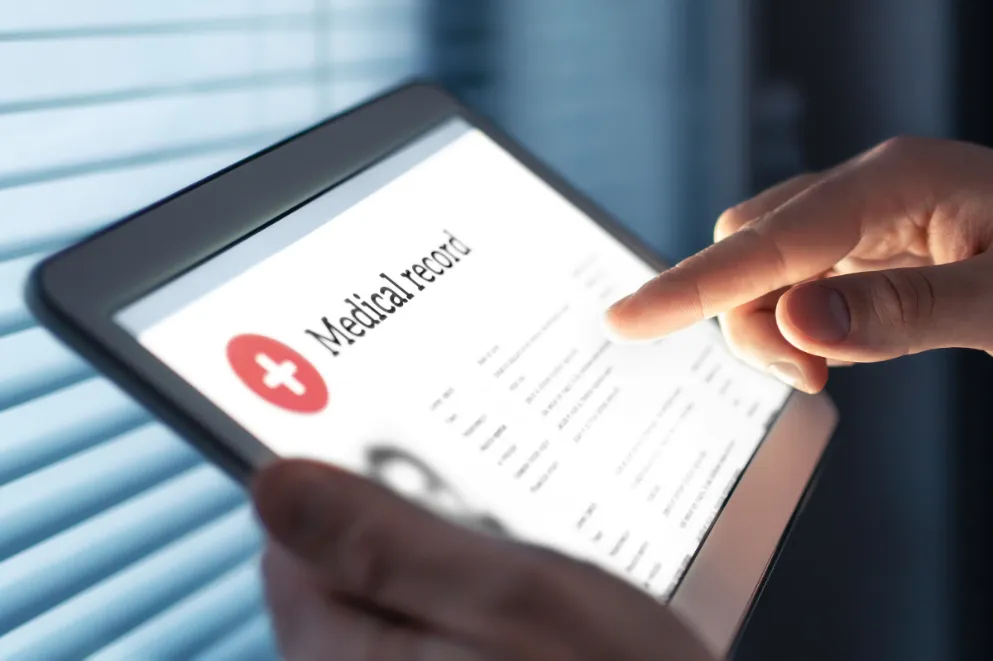Written and medically reviewed by Dorcas Morak, PharmD
Healthcare organizations store an enormous amount of sensitive data, including patient records, medical histories, and financial information. This makes them a prime target for cybercriminals seeking to steal or exploit this information. One of the most common methods used by hackers to disrupt healthcare organizations is DDoS attacks.What is a DDoS Attack?
A DDoS (Distributed Denial of Service) attack is a malicious attempt to overwhelm a targeted system or network by flooding it with traffic from multiple sources. The goal of the attack is to make the targeted system or network unavailable to its intended users.
DDoS attacks can be carried out using a wide range of methods, including botnets, amplification attacks, and reflection attacks. Botnets are networks of infected devices that can be controlled remotely to carry out the attack. Amplification attacks involve sending a small amount of data to a vulnerable server or device, which then amplifies it and sends it back to the victim, overwhelming their system. Reflection attacks exploit vulnerable servers to bounce traffic off them and direct it towards the victim.
The Impact of DDoS Attacks on Healthcare Organizations
DDoS attacks can have a significant impact on healthcare organizations. They can disrupt critical systems and services, causing delays in patient care and potentially putting lives at risk. In addition, they can result in the theft or compromise of sensitive patient information, leading to legal and financial repercussions for the healthcare organization.
Furthermore, healthcare organizations may be targeted by DDoS attacks for ransom. In these cases, hackers may demand payment in exchange for stopping the attack and restoring access to critical systems and data. The Health Sector Cybersecurity Coordination Center (HC3) has explained how detrimental the constant Distributed Denial of Service (DDoS) attack on healthcare cybersecurity could be to the ability to provide care. HC3 noted that DDoS attacks are the most common threat to healthcare cybersecurity base on the ongoing cyberattack tactics of KillNet, which have been actively targeting the United States healthcare industry.
Protecting Healthcare Organizations from DDoS Attacks
To protect themselves from DDoS attacks, healthcare organizations should implement a multi-layered approach to cybersecurity. This includes:
Conducting regular risk assessments to identify vulnerabilities in their systems and networks.
Implementing robust security measures, including firewalls, intrusion detection systems, and encryption.
Monitoring their systems and networks for unusual activity and responding quickly to potential threats.
Ensuring that all employees are trained in cybersecurity best practices and aware of the risks of DDoS attacks.
Developing a comprehensive incident response plan in the event of a DDoS attack.
DDoS attacks are a serious threat to healthcare organizations, and the consequences of a successful attack can be severe. To protect themselves, healthcare organizations must take a proactive approach to cybersecurity, implementing robust security measures and conducting regular risk assessments. By doing so, they can minimize the risk of a successful DDoS attack and ensure that critical systems and data remain secure.
















